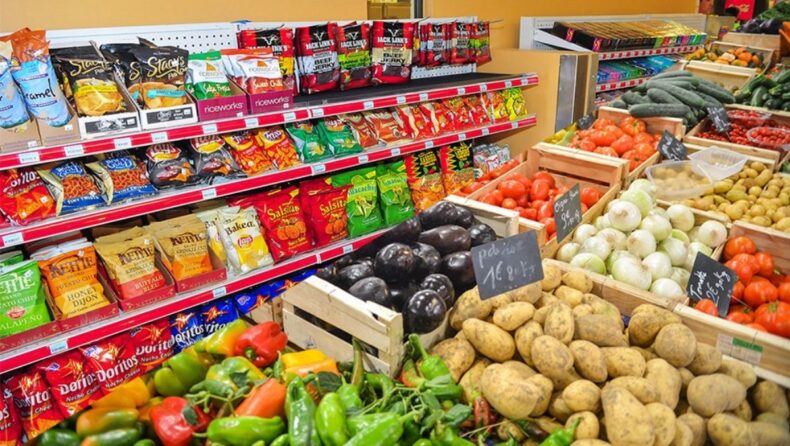To combat inflation, companies such as Dabur and Parle plan to boost their prices gradually. Commodity costs, including wheat, palm oil, and packaging materials, have risen at an unprecedented rate, which has driven up the cost of everyday necessities for consumers.
As a result of the continuing conflict between Russia and Ukraine, the price of wheat, edible oil, and crude oil is expected to climb. Watching the inflationary pressures, companies such as Dabur and Parle plan to raise prices in a controlled manner.
There have been several allegations that manufacturers like HUL and Nestle have raised the price of food goods in recent weeks. Parle Products Senior Category Head Mayank Shah told PTI, “We are anticipating a 10-15% increase by the industry.”
Shah also stated that the prices are seeing a significant degree of fluctuation, making it impossible to accurately estimate the price rise. Palm oil’s price dropped from Rs 180 to Rs 150 per litre after rising to Rs 180.
According to him, oil prices have also fallen below $100 a barrel after rising as high as USD 140 a barrel, according to him. Though the price has risen, Shah said “demand was rebounding after COVID and they don’t want to mess with it.”
He added that corporations are also reluctant to take substantial price hikes. During the last round, the manufacturers didn’t use the price increase to offset the whole effect and instead absorbed some of it.
A price increase of 10–15 percent is now being considered, but input costs have risen far more, he added.When asked whether Parle would follow suit, Shah said that the company currently had a sufficient supply of packaging materials and other supplies and would decide in the next month or two.
For the second year in a row, Dabur India Chief Financial Officer Ankush Jain expressed similar concerns about inflation. It has become more difficult for customers to spend money on discretionary items, and they are also downsizing to smaller packages because of rising prices.
As a precautionary measure, “we are monitoring the situation attentively, and we are prepared to implement gradual price hikes,” he added. According to Abneesh Roy, Executive Vice President of Edelweiss Financial Services, FMCG companies are passing on the high inflation to customers.
FMCG corporations such as HUL and Nestle have a lot of influence over their prices. They are passing on the rising cost of coffee and packaging materials to customers. He went on to say, “In Q1FY23, we anticipate all FMCG businesses raising prices by 3 to 5 percent.”

Food manufacturers HUL and Nestle have reportedly raised the price of staples including tea, coffee, and noodles to preserve profit margins. Inflationary pressures were cited as a reason for HUL’s price increases on Bru coffee and Brooke Bond tea, among other products.
According to reports, Nestle India has raised the price of its famous Maggi noodles by 9 to 16 percent, as well as the price of milk and coffee powder.A HUL representative stated that “consumer volume titration is being seen owing to the effect of rising inflation.”
Providing value to customers, investing in our brands, and protecting our financial business model are our priorities in this climate. ” When it comes to containing inflationary pressures, we start by pushing our savings agenda as hard as we can, scrutinising every line of expenditure with a laser-like intensity and eliminating any expenses that don’t provide any value.
Because of our brand strength and our ability to execute, we’ve been able to deliver the proper price-value equation for consumers, therefore protecting our business model in an inflationary environment, “he said.
Published by – Kiruthiga K
Edited by – Kritika Kashyap













